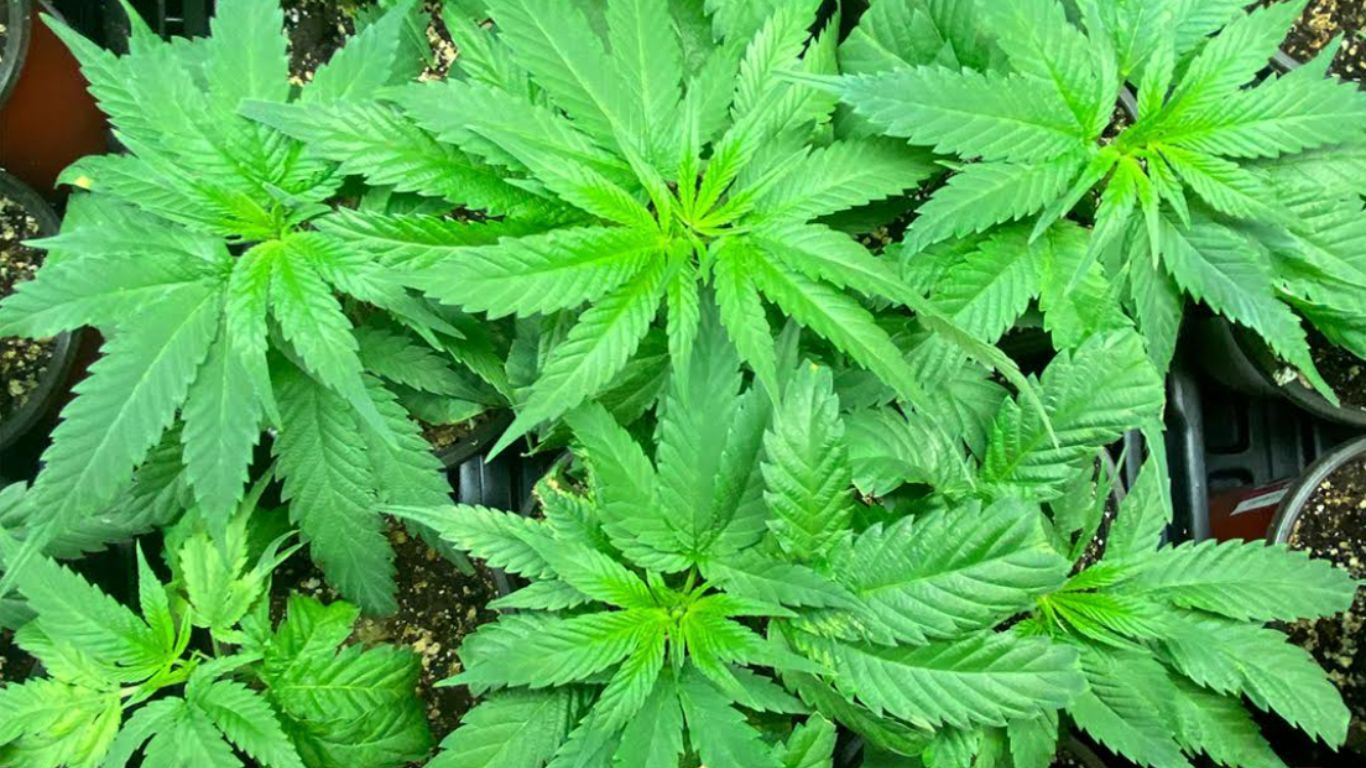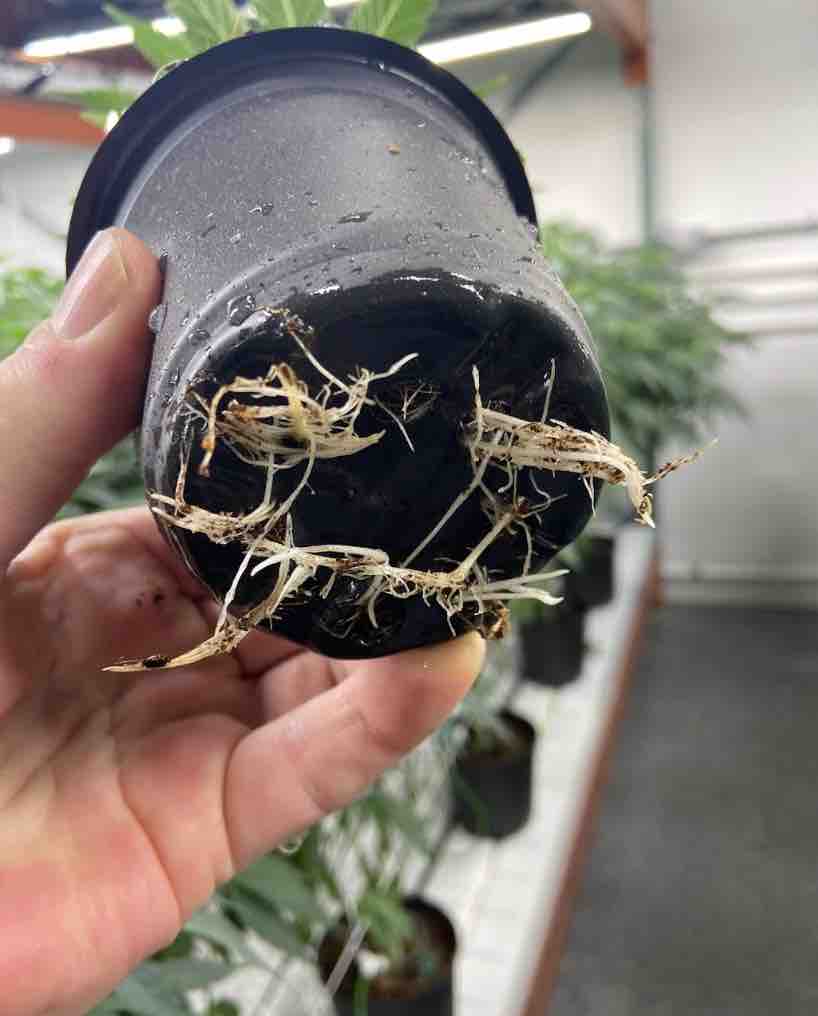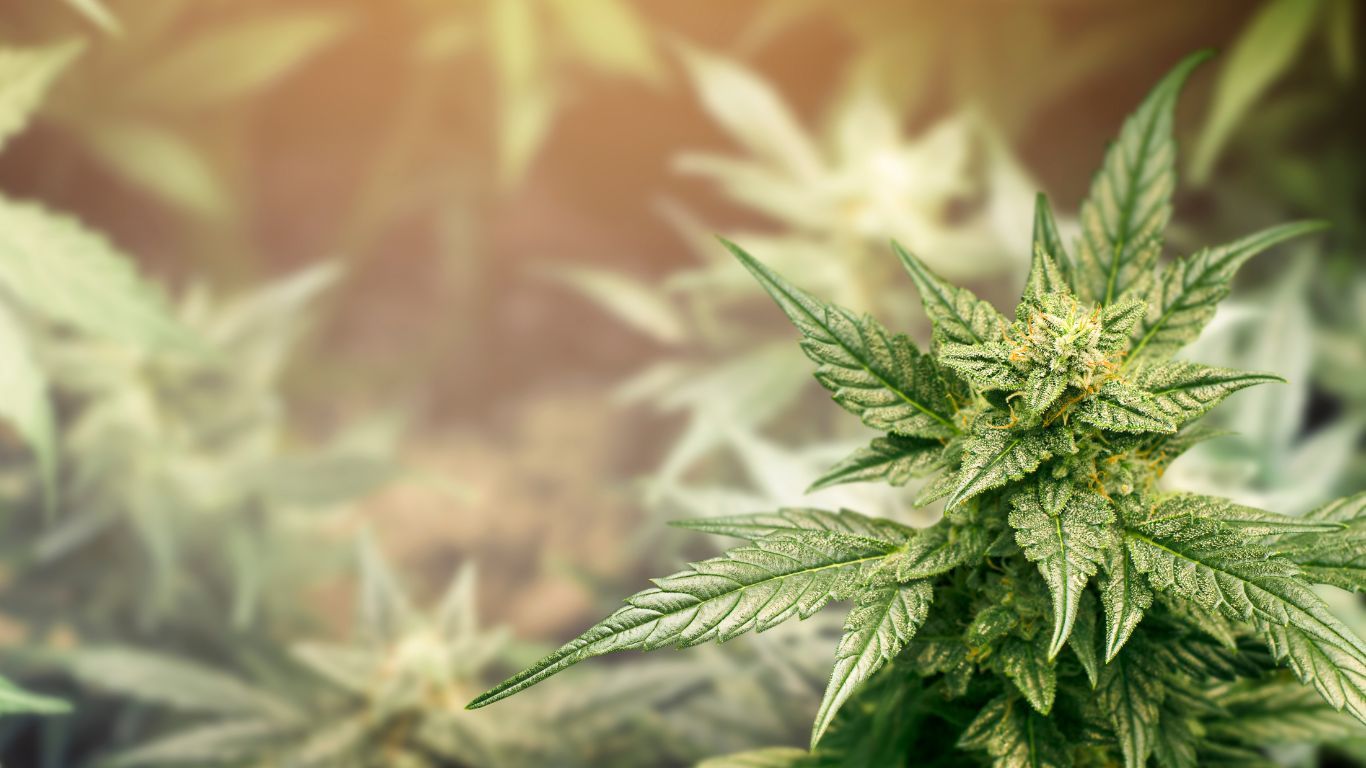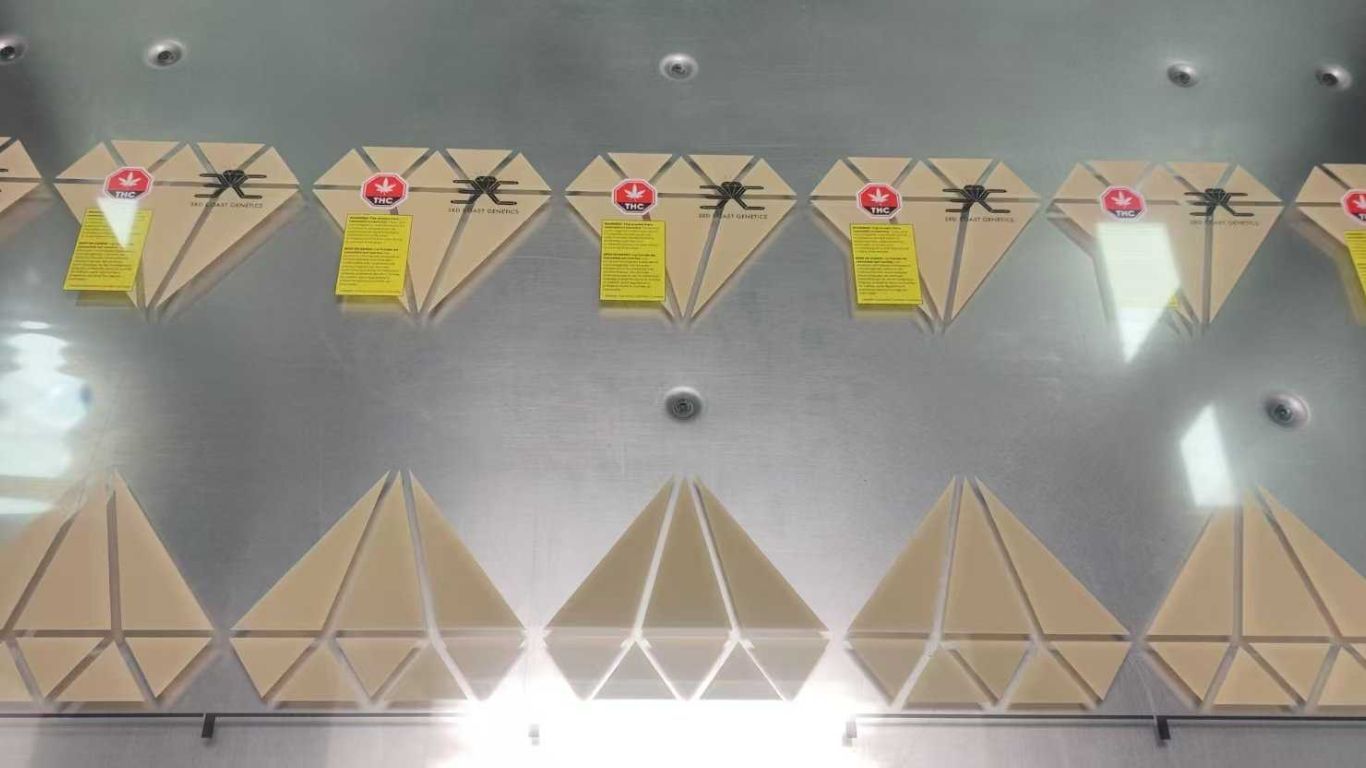
With this year’s outdoor planting season rapidly approaching, home cannabis growers will once again be looking for seeds and clones for their gardens.
Traditionally, many growers begin their seeds around April 20, planning to move them outdoors after the last frost dates in late May or early June.
Those who want to grow monster plants may start as early as possible, while those just growing a few plants on a balcony or in their yard can wait until early June before putting any plants outside. Starting seeds indoors several weeks beforehand and then slowly acclimating them to the outside will help extend your growing season a bit.

In Canada, cannabis seeds are available for sale in every province which allows home growing and provides Canadians with ever more choices and varieties. Although seeds are often easily found outside of Canada’s regulated commercial market, through both personal seed-swapping and extra-legal commercial operators, Canadians have begun to have an array of options within the legal market in the last few years.
Several seed producers have a variety of seeds, including autoflower and feminized, for both indoor and outdoor use. Cannabis clones/starts have also become more available in the last few years, with more farmgate stores offering them for customers, as well as some traditional retail outlets.
As an example from one of Canada’s larger provincial markets, BC’s most recent quarterly report shows the number of packages of seeds sold doubled in the past year. However, sales in dollars increased only about 10%, attesting to a greater variety and lower consumer prices.
Collier Quinton at Weathered Islands Craft Cannabis, a cannabis nursery and micro cultivator on Texada Island in BC, says when it comes to outdoor cannabis cultivation in Canada, you want to find genetics that fit your specific northern microclimate.
“You definitely want to choose something that is for Canadian climates. What’s nice about our seeds is that ours are designed for outdoor growing conditions. They are mould resistant, they finish early, and are fairly pest resistant.”
“Our seeds are bred outdoors, so we are using known outdoor winners. We specialize in outdoor, which is important if people want to make sure that the seeds are finished in this climate.”
On the opposite side of the country, Rod Wilson of Hidden Harvest cannabis nursery operates a farmgate store, Klonz, in Moncton, New Brunswick, where they have been supplying clones to the local market since 2023.
This year, they are also supplying them to the market in PEI, which is currently offering pre-orders of clones through its provincial stores until May 8.
Tanner Stewart of Stewart Farms, another micro producer with a farmgate store in New Brunswick, is also in his second year of selling clones. It’s been a way to offer even more of a value-add for their customers who make the journey to the farmgate store.
“For a small craft grower with world-class genetics, selling clones allows us to deeply engage with the local growing community,” says Stweart.
“We choose quicker finishing genetics, alongside a range of flavour and cannabinoid profiles. We believe one of the most important things small-scale outdoor growers should look for in their clones is variety. You only get one outdoor season, so why not grow four different strains? In my opinion, nothing teaches you about growing cannabis faster than growing multiple varieties at the same time. In real-time, you get to see the contrast between smell, shape, size, and nutrient demands.”
Cannabis seeds can be purchased in most provincial markets, except for Quebec and Manitoba, which have banned residents from growing cannabis. A bill was recently tabled in Manitoba to repeal the ban but has yet to make its way into law. If and when it does, the province says the MBLL will notify its cannabis supplier network and issue a “call for listing” for cannabis seed products.
Featured image from Stewart Farms











